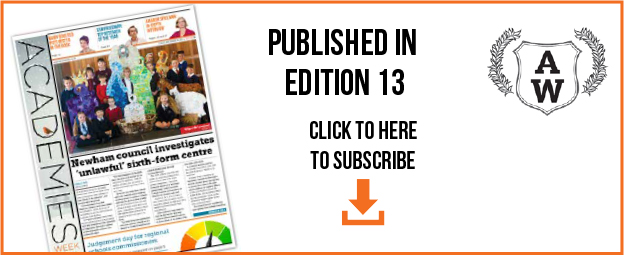A top exams officer has warned of a shortage of invigilators when the GCSE reforms come into force.
Andrew Harland, chief executive of the Examination Officers’ Association, told delegates at the Westminster Education Forum last week that there were many concerns about the changes, which will require pupils to take all their exams at the end of Year 11.
The reforms were brought in by former education secretary Michael Gove to stop the “dumbing down” of exams. He said that the new system would set higher expectations.
Maths, English language and English literature will be the first to move to the linear model from next September, with exams in the summer of 2017.
Other subjects, such as science, history and modern foreign languages, will change from 2016, with some subject content still open to consultation.
Grading the new exams will also change – from A*-G to 1-9, with 9 being the top grade.
Mr Harland said: “We have issues over a shortage of invigilators because of everything taking place at one time, and we have issues over shortage of inspection of the exam system.
“Clearly when we talk about clashes, I am not just talking about clashes with GCSEs and A-levels, but also vocational exams that take place at the same time.”
He also raised concerns about the “quality and quantity” of exam markers, saying the criteria to become a marker had eased as teachers now had to have a year’s experience, rather than five as in the past.
“We did a study this summer based on what activity was going on in schools and colleges, and the impact of taking exams for the first time in one hit.
“A number of things came up including problems with invigilation, accommodation, inspections and clashes. When you talk about these things people are really not that interested because they are always into content, specification, teaching and learning and assessment.”
A particular concern was the impact on students requiring extra support to access their exams.
“People forget that these things have an implication on the actual success of students. If we take, for example, accommodation. We have just spent two years, pumped all that money into supporting students, and yet in two hours their entire future could be dissolved if those exams are not delivered appropriately and to serve their particular needs.”
A recent Schools Week investigation, however, revealed that linear exams are likely to prove much cheaper for schools – with late fees dropping £5.4 million last year, partly as a consequence of shifting to end-of-course exams.







Any good examination officer does a lot of planning and preparation. They would ensure they had plenty of trained invigilators.